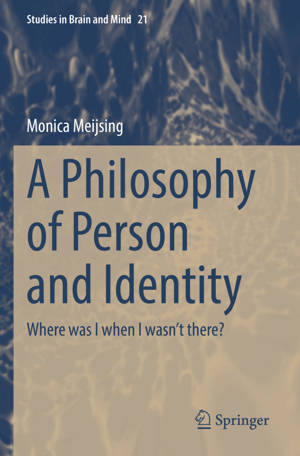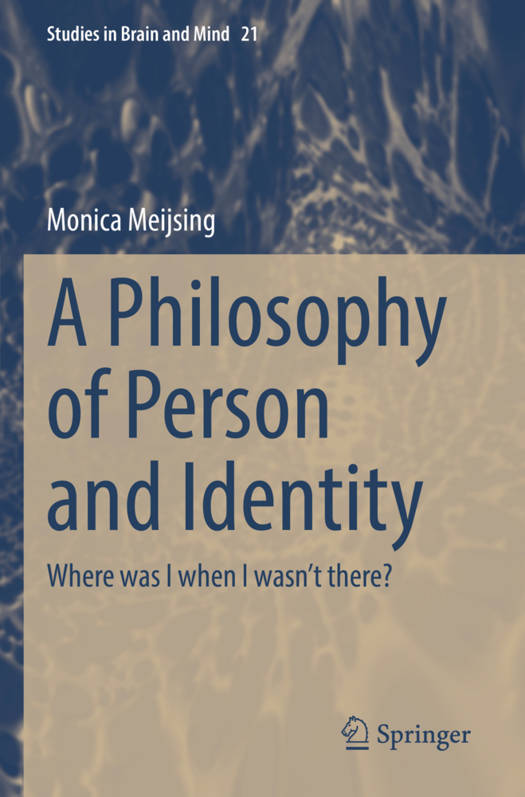
- Afhalen na 1 uur in een winkel met voorraad
- Gratis thuislevering in België vanaf € 30
- Ruim aanbod met 7 miljoen producten
- Afhalen na 1 uur in een winkel met voorraad
- Gratis thuislevering in België vanaf € 30
- Ruim aanbod met 7 miljoen producten
Zoeken
€ 116,45
+ 232 punten
Uitvoering
Omschrijving
This book discusses the themes of personhood and personal identity. It argues that while there is a metaphysical answer to the question of personal identity, there is no metaphysical answer to the question of what constitutes a person. The author argues against both body-mind dualism and physicalism and also against the idea that there is some metaphysically real category of persons distinct from the category of human beings or human organisms. Instead, the author presents neutral-monist, autopoietic-enactivist kind of metaphysics of the human being, and a relational, and completely human-dependent notion of a person.
The tools used in these arguments include conceptual argumentation and empirical case studies. Using both personal experiences and studies of cultures all over the world, the author examines dualism between mind and body. The author discusses real people who seem to live a Cartesian life, as somehow disembodied minds as well as the concept of the person. The author uses the concluding chapters to present their own views arguing that questions about our identity should be separated from questions of our personhood as well as the concept of personhood. This volume is of interest to scholars of philosophy of mind.
The tools used in these arguments include conceptual argumentation and empirical case studies. Using both personal experiences and studies of cultures all over the world, the author examines dualism between mind and body. The author discusses real people who seem to live a Cartesian life, as somehow disembodied minds as well as the concept of the person. The author uses the concluding chapters to present their own views arguing that questions about our identity should be separated from questions of our personhood as well as the concept of personhood. This volume is of interest to scholars of philosophy of mind.
Specificaties
Betrokkenen
- Auteur(s):
- Uitgeverij:
Inhoud
- Aantal bladzijden:
- 183
- Taal:
- Engels
- Reeks:
- Reeksnummer:
- nr. 21
Eigenschappen
- Productcode (EAN):
- 9783031095269
- Verschijningsdatum:
- 5/08/2023
- Uitvoering:
- Paperback
- Formaat:
- Trade paperback (VS)
- Afmetingen:
- 156 mm x 234 mm
- Gewicht:
- 281 g

Alleen bij Standaard Boekhandel
+ 232 punten op je klantenkaart van Standaard Boekhandel
Beoordelingen
We publiceren alleen reviews die voldoen aan de voorwaarden voor reviews. Bekijk onze voorwaarden voor reviews.











